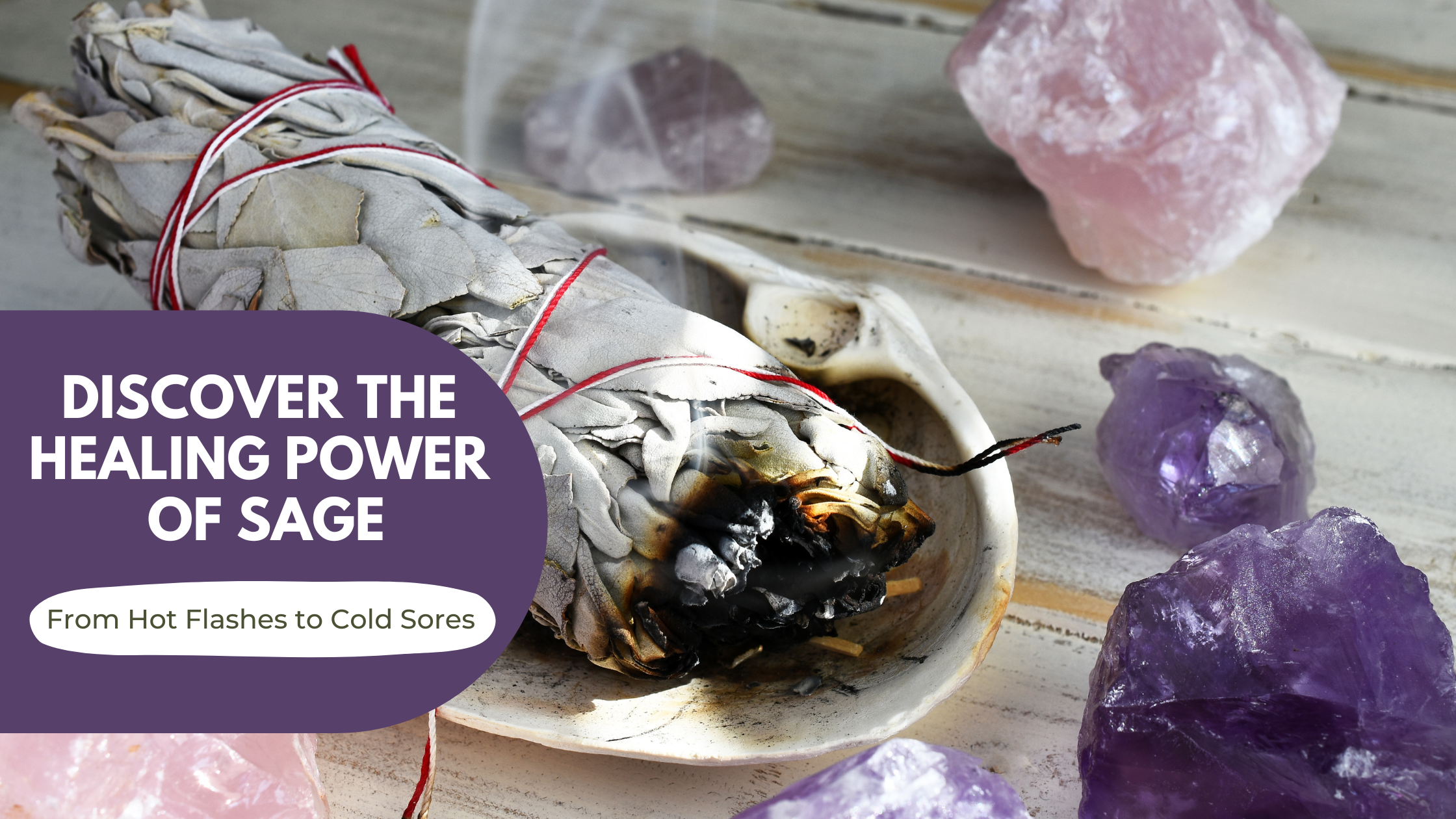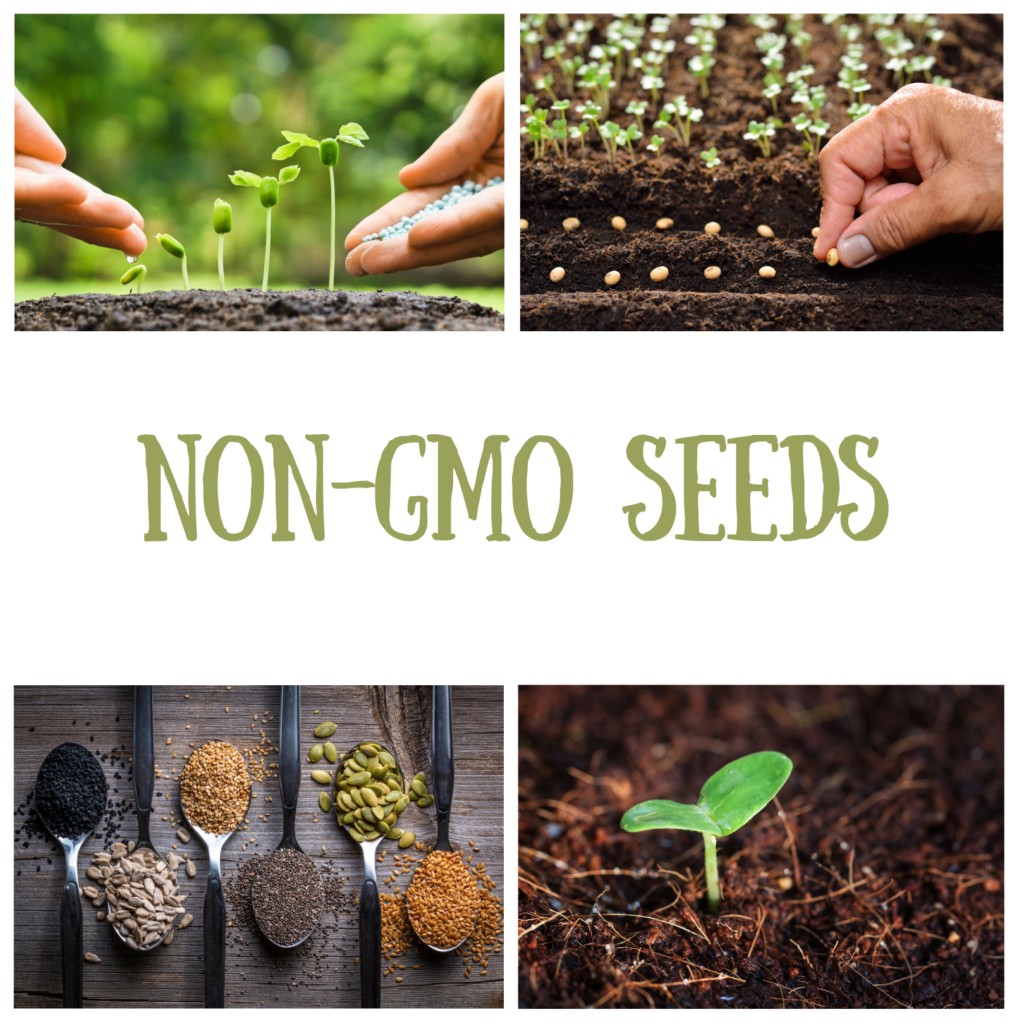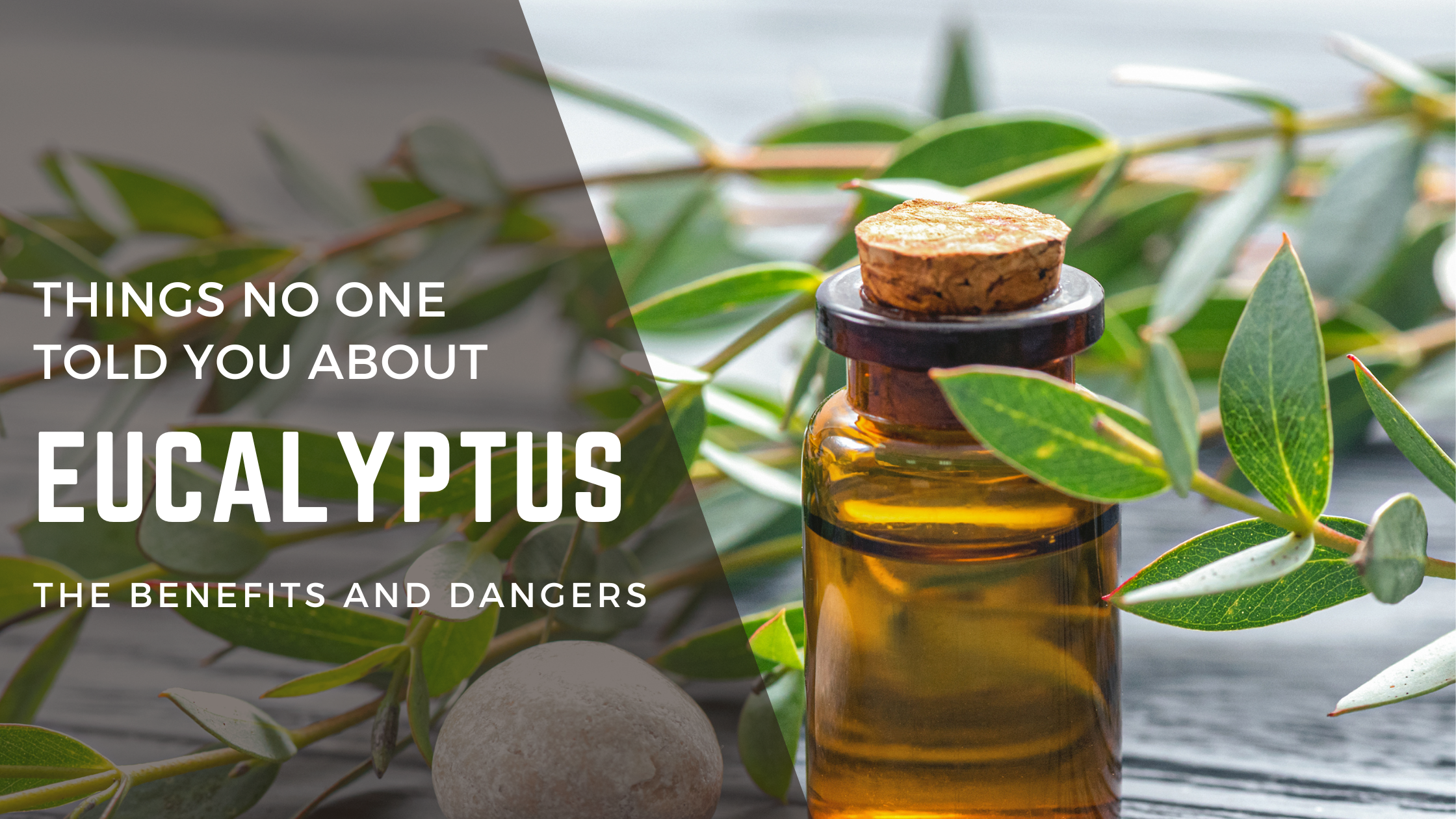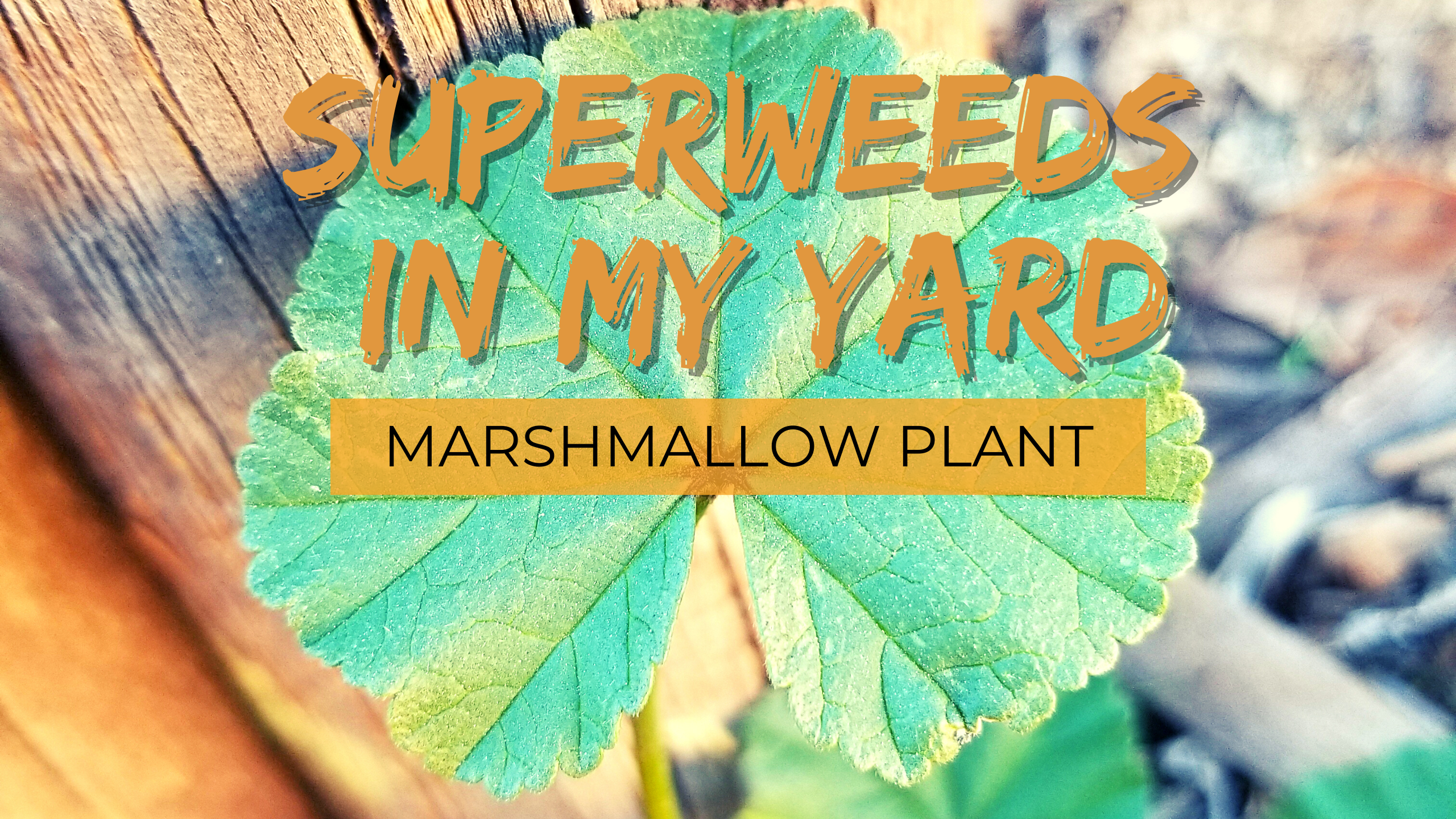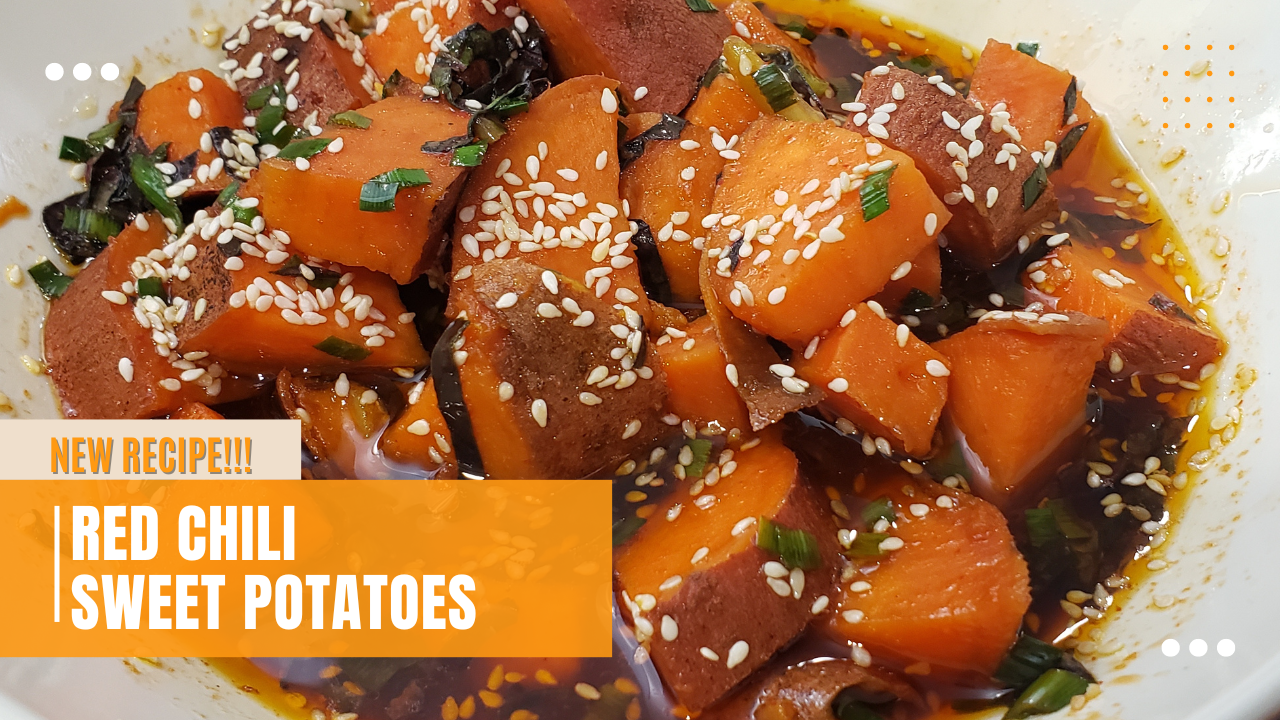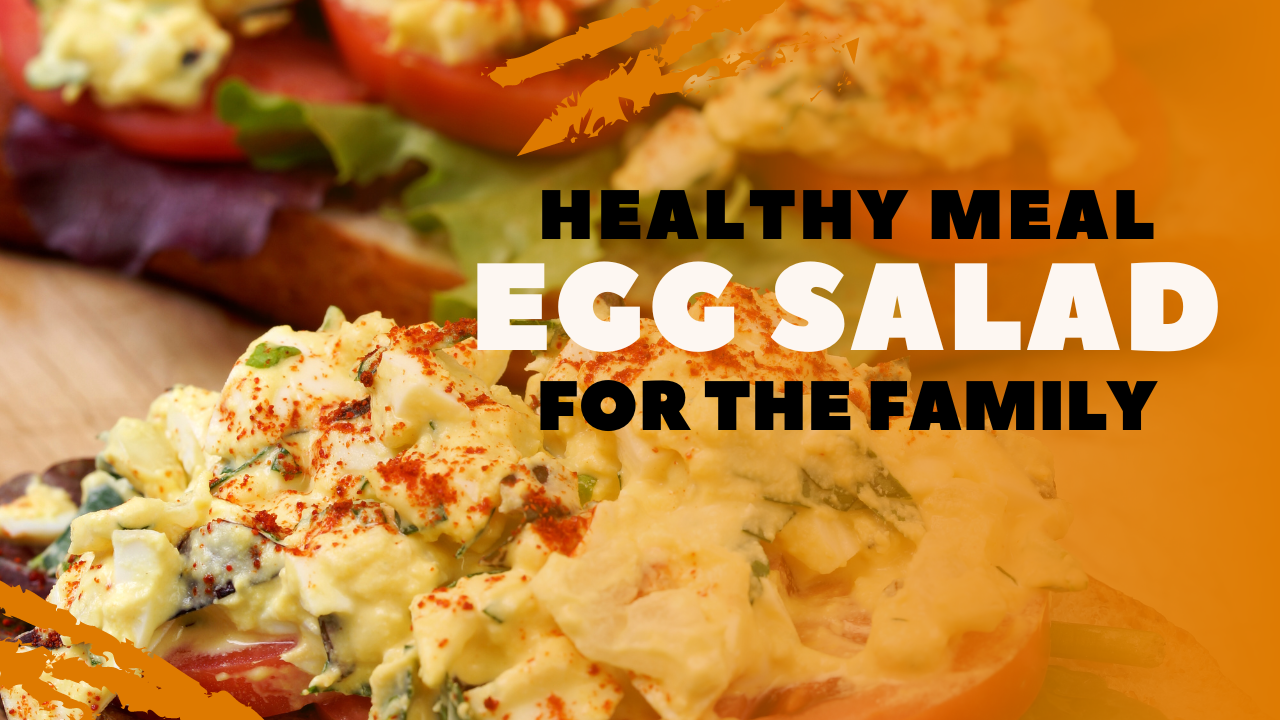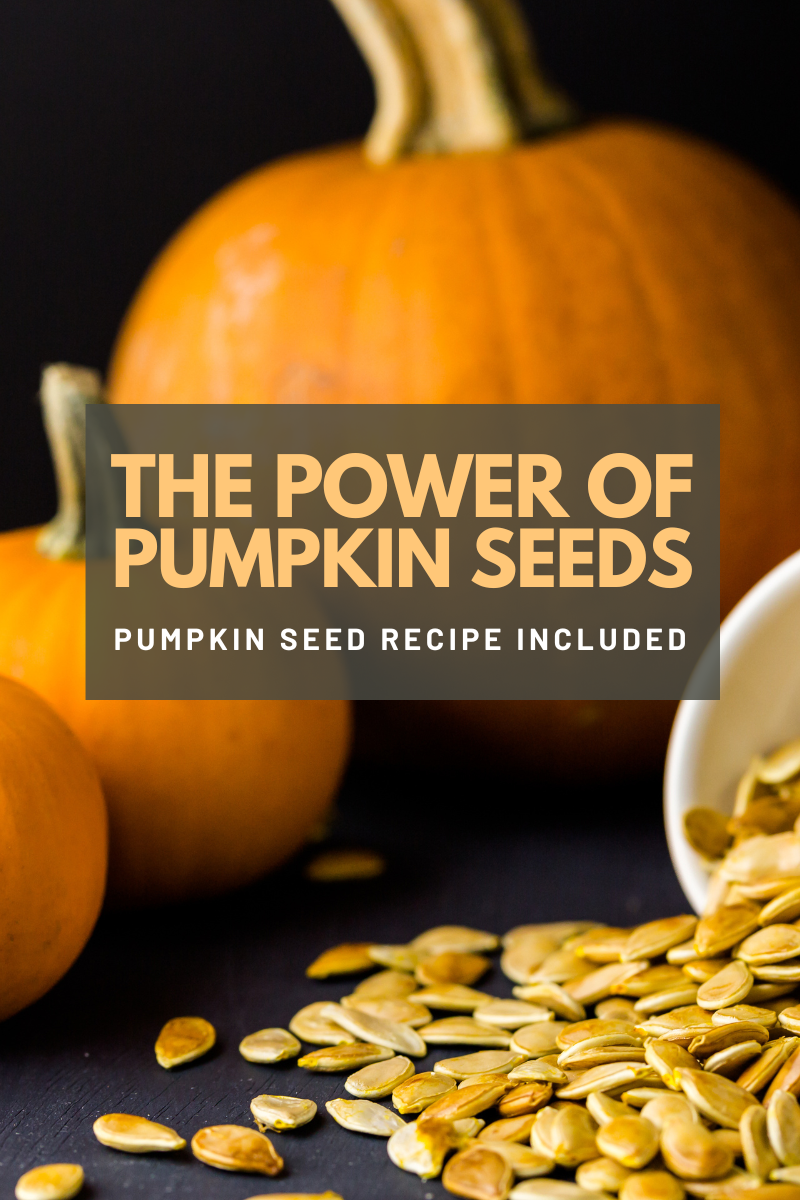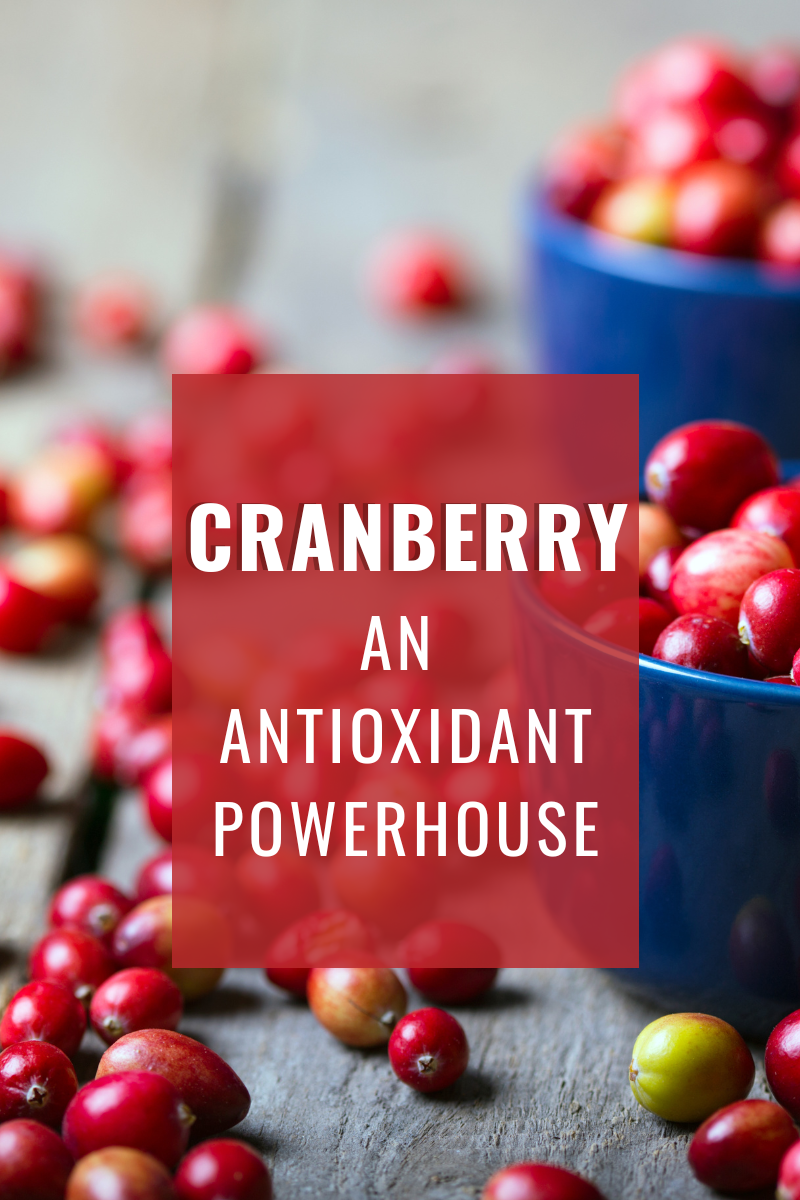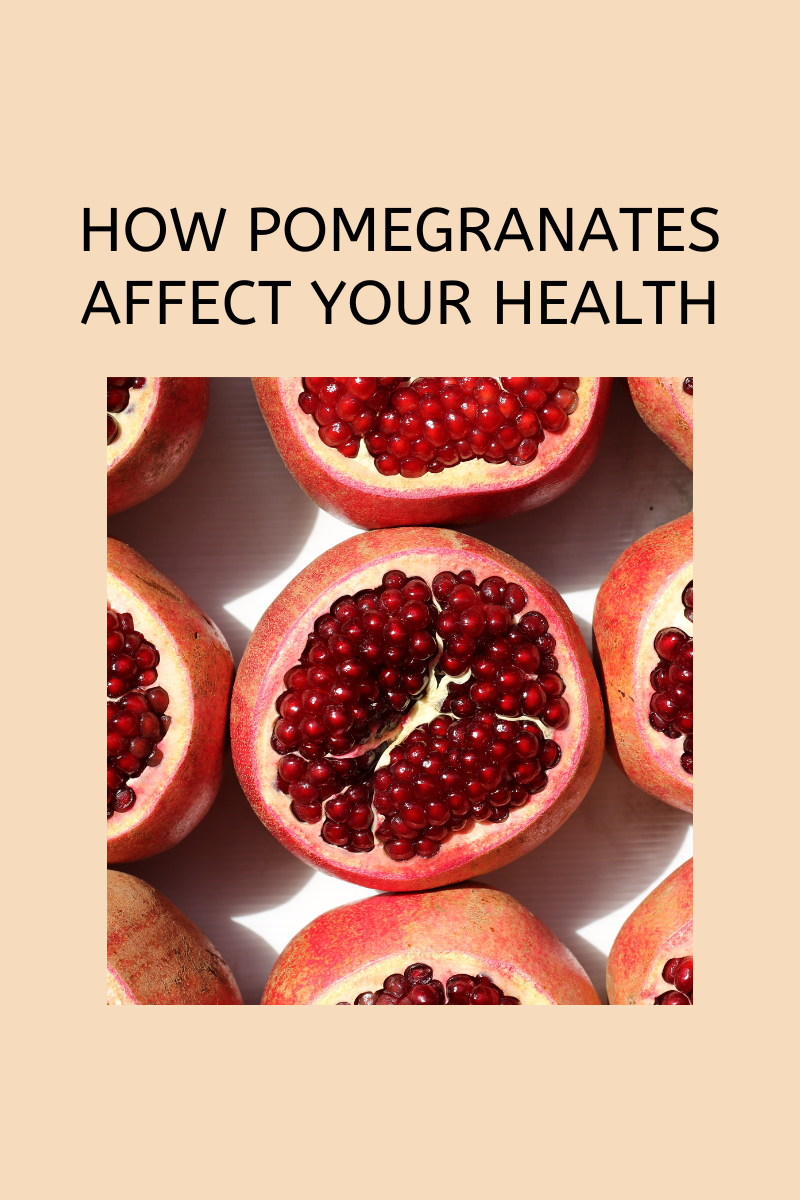Sage
Discover the Healing Power of Sage: From Hot Flashes to Cold Sores
When you think of sage you may think of burning it in your house to help get rid of bad energy, or using the herb for its yummy flavor in your favorite recipes. But there is so much more to this small plant than you may think.
One of the more common varieties of sage, Salvia officinalis — also known as common sage, has been used for centuries in traditional medicine because it’s loaded with vitamins, nutrients and antioxidants… all known for protecting our bodies against disease.
And there are several ways to get the benefits… whether it be dried, or taken internally as a liquid, capsule, spray, tea, as a topical, or even cooked.
This blog shows you why you want to use sage and how to use it safely.
Antioxidants
Sage is rich in antioxidants and anti-inflammatory properties so that in itself makes sage a powerhouse. Antioxidants work by neutralizing free radicals (unstable molecules that can damage your cells and contribute to development of chronic diseases). So if antioxidants are neutralizing those free radicals, naturally it helps prevent them from causing harm to the body. Some of the specific antioxidants found in sage:
- Rosmarinic and ellagic acids — known for their anti-inflammatory, anti-viral and antibacterial properties
- Quercetin and Flavonoids — shown to reduce inflammation, protect against heart disease, cancer and improve brain function
Colds, coughs and other respiratory issues
Sage has antibacterial, astringent, and antiseptic properties! This can help soothe that sore throat and that nasty cough from your lungs. Sage will help with inflammation in turn making that annoying common cold feel better faster.
To use sage for a cough, make a tea! Steep 1-2 teaspoons of dried sage leaves in a cup of hot water for 5-10 minutes. Try drinking 1-2 cups per day to help alleviate symptoms.
You can also add a few fresh or dried sage leaves to a pot of hot water. Inhale the steam to help clear congestion.
Oral Health
The antimicrobial effects also can help prevent cavities in your mouth because it can kill the bacteria that causes dental plaque and gum diesease. The astringent properties in sage may help tighten the gums and reduce inflammation.
You’ll find several recipes online to make a mouthwash using sage:
- Bring a cup of water to a boil
- Add 1-2 teaspoons of dried sage leaves to the pot and let them steep for 5 – 10 minutes
- Strain the sage leaves out of the water, allow it to cool
- Transfer your sage mouthwash to a container and store in the fridge til you’re ready to swish.
Menopause
Sage has been used traditionally to help alleviate menopause symptoms, such as hot flashes, night sweats, dryness and irritability.
It is thought that some compounds in sage have certain estrogen-like properties that can trick your body.
To use sage for menopause symptoms, make a tea just as you would for a cough! Steep 1-2 teaspoons of dried sage leaves in a cup of hot water for 5-10 minutes. Try drinking 1-2 cups per day to help alleviate symptoms.
Another option to reduce hot flashes is to add a few fresh or dried sage leaves to a pot of hot water and inhaling the steam.
Cold Sore
Because of the antiviral and antimicrobial properties found in sage, the herb can help reduce inflammation and kill the virus that causes cold sores.
To use sage for cold sores, make tea! But this time you’re not drinking it. Once the tea has cooled, use a cotton swab to apply the tea to the affected area.
Another option is to mix a few drops of sage essential oil with a carrier oil and apply it to the affected area. I’ve read that adding rhubarb to the mix tends to work better.
There are tons of other ways to reap the benefits of sage including making tinctures and it’s also available in capsule form. We can’t forget cooking with it. It is generally believed that the medicinal benefits of sage are retained when it’s cooked, one reason why it’s been used fresh and dried in a variety of dishes for centuries.
But keep in mind, the concentration of beneficial compounds in sage may vary depending on how it is prepared and consumed. For example, sage tea is likely to have a higher concentration of beneficial compounds that sage that is cooked and consumed as part of a dish.
You can grow it!
Another benefit, it’s relatively easy for you to grow your own! It’s a hardy perennial plant that is native to the Mediterranean region, but it can be grown in other parts of the world too, including right here in Phoenix. The plant likes a sunny location with well-draining soil. And they don’t need much space so you can even plant them in pots and use them fresh or dry.
If you decide to grow a plant, let us know and send photos.
We have an entire page of natural remedies. If you have natural remedies you choose, please share them — it takes a community!

